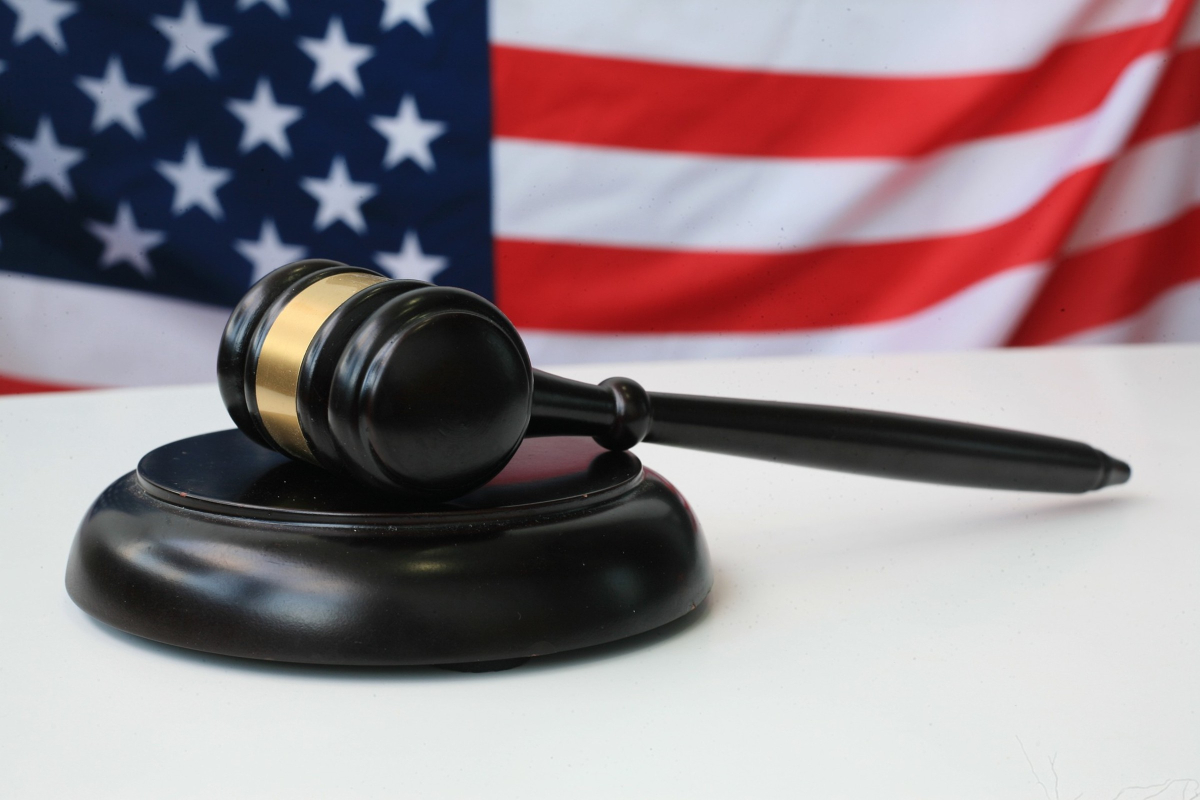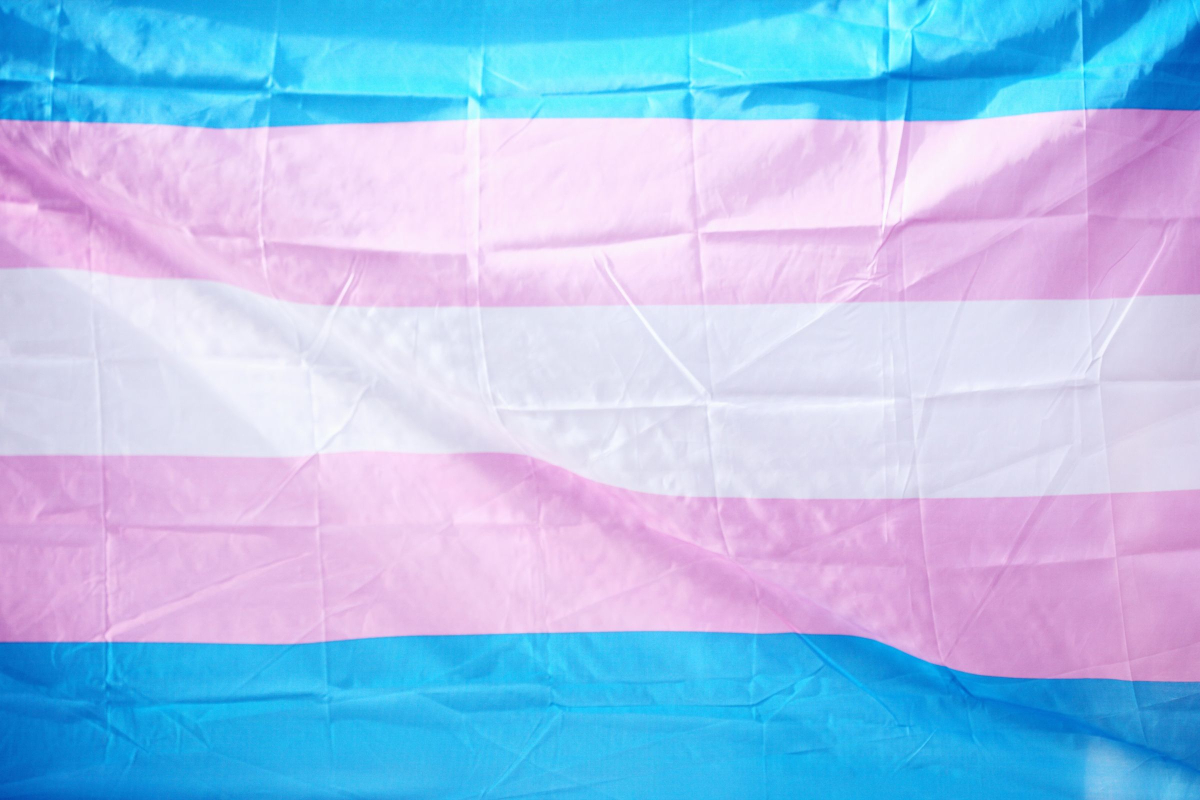Phone Companies’ Data Breach Lawsuits
A coalition of consumers has filed lawsuits against major phone companies, including AT&T and Verizon, over alleged data breaches that exposed sensitive customer information. The plaintiffs claim that these companies failed to implement adequate security measures, leaving their data vulnerable to cyberattacks. These breaches have reportedly resulted in identity theft, financial fraud, and widespread concern over privacy violations.
The lawsuits come at a time when data privacy has become a critical issue for consumers and businesses alike. With more personal and financial data being stored digitally, the stakes for cybersecurity have never been higher. The plaintiffs argue that phone companies, as custodians of vast amounts of personal data, have a responsibility to ensure its protection and that their failure to do so constitutes gross negligence.
Is the Case Strong? The strength of these lawsuits lies in the evidence presented by the plaintiffs. Documents submitted in court detail multiple instances where breaches occurred due to outdated security protocols or failure to address known vulnerabilities. One notable example includes allegations that certain phone companies ignored recommendations from cybersecurity experts to update their systems, leaving them susceptible to hacking attempts.
On the other hand, phone companies may argue that no system is entirely immune to sophisticated cyberattacks. They could point to instances where even the most advanced organizations have fallen victim to breaches. However, legal analysts suggest that the outcome will depend on whether the companies took reasonable steps to mitigate risks and protect customer data.
Recent precedents in similar cases add weight to the plaintiffs’ claims. Courts have increasingly held companies accountable for failing to meet industry standards in cybersecurity, particularly when negligence can be proven. If the plaintiffs succeed in establishing a pattern of neglect, the lawsuits could result in substantial settlements or policy changes.
Who Should Bear Responsibility? The responsibility for safeguarding customer data rests primarily with phone companies. As service providers, they collect and store vast amounts of sensitive information, making them key targets for cybercriminals. Their role as data custodians necessitates robust cybersecurity measures, ongoing risk assessments, and compliance with evolving industry standards.
However, responsibility also extends to regulators and policymakers. Ensuring that data protection laws keep pace with technological advancements is crucial. The lack of comprehensive federal regulations on data security in the United States leaves significant gaps, often forcing states to adopt their own measures. A unified federal framework could help establish clear accountability and provide consistent protection for consumers.
Consumers, too, have a role to play in protecting their data. While they cannot control the security practices of service providers, they can take steps to minimize risks, such as enabling two-factor authentication, regularly updating passwords, and monitoring their accounts for suspicious activity. Public awareness campaigns could further educate consumers on best practices for data security.
The lawsuits against AT&T, Verizon, and other phone companies highlight the growing importance of cybersecurity in an increasingly digital world. As these cases progress, they will likely influence how companies approach data protection and customer privacy. A favorable outcome for the plaintiffs could set a precedent for stricter cybersecurity practices and greater accountability across industries.
In the long term, addressing data breaches will require a collaborative effort involving businesses, regulators, and consumers. Phone companies must prioritize investments in advanced security technologies and adopt a proactive approach to risk management. Policymakers should work toward creating a comprehensive legal framework that protects consumer data while encouraging innovation. Consumers, meanwhile, must remain vigilant and informed about their digital footprints.
These lawsuits serve as a stark reminder that the digital age comes with significant risks and responsibilities. How society chooses to navigate these challenges will shape the future of data privacy and security for years to come.











